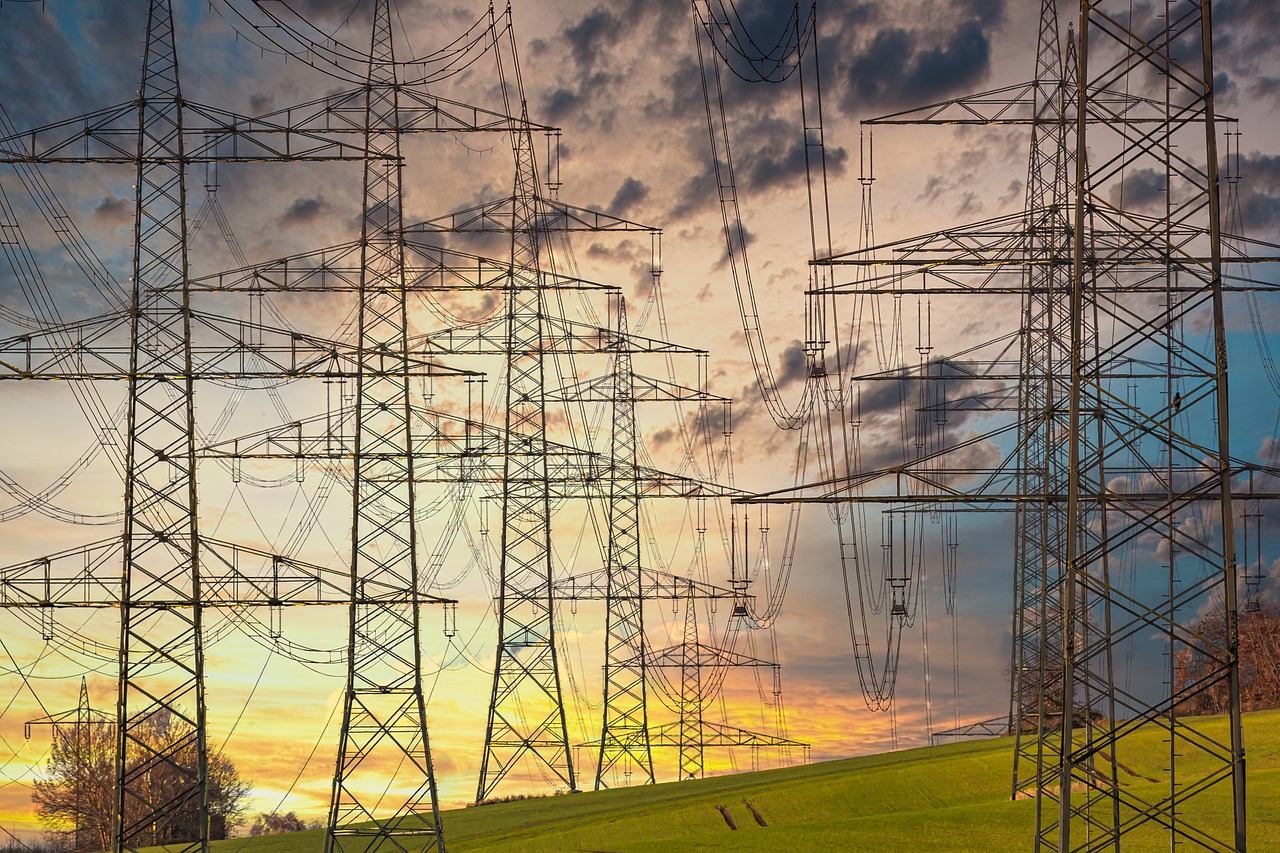Towards a common European energy policy? Debates on energy security in Poland and Germany (Energy Security) was funded by the Polish-German Foundation for Science (PNFN/DPWS) under grant number DPWS project No. 2014-15 and led by Prof. UAM Aleksandra Lis-Plesińska at Adam Mickiewicz University.
This project examined how discrepancies between EU member states‘ understanding and articulation of ―energy security‖ impede development of a common European energy policy. Germany and Poland, because of their prominence in the EU‘s energy debates, serve as ideal case studies. Moreover, as the two countries face similar energy security challenges on many occasions, but often opt for differing interpretations and policy solutions, this analysis also allowed an assessment of the potential for energy cooperation between the two countries and at the EU level in general. The analysis was based on the securitization approach developed by the Copenhagen School, which brings together debates about security with actual decision-making processes and postulates that state perception of security threats—including energy security—is an intersubjective construction by key actors. By scrutinizing how energy is debated and ―securitized‖ in Poland and Germany, we could better understand the challenges to achieving EU energy solidarity. Accordingly, the analysis on the one hand focused on debates of key audiences, namely political elites, business elites, epistemic communities and the general public (covered through mass media reporting) both on the domestic and the bilateral/EU arena; on the other hand, it examined decision-making processes in politics and business. The project conducted case studies of selected current issues in the natural gas and electricity sectors (including nuclear energy and environmental issues), which appear to be the most securitized parts of energy policy.
The project was conducted by the Research Centre for East European Studies at the University of Bremen (applicant) with the Adam Mickiewicz University in Poznań, the Environmental Studies and Policy Research Institute in Wrocław and Jacobs University Bremen.

